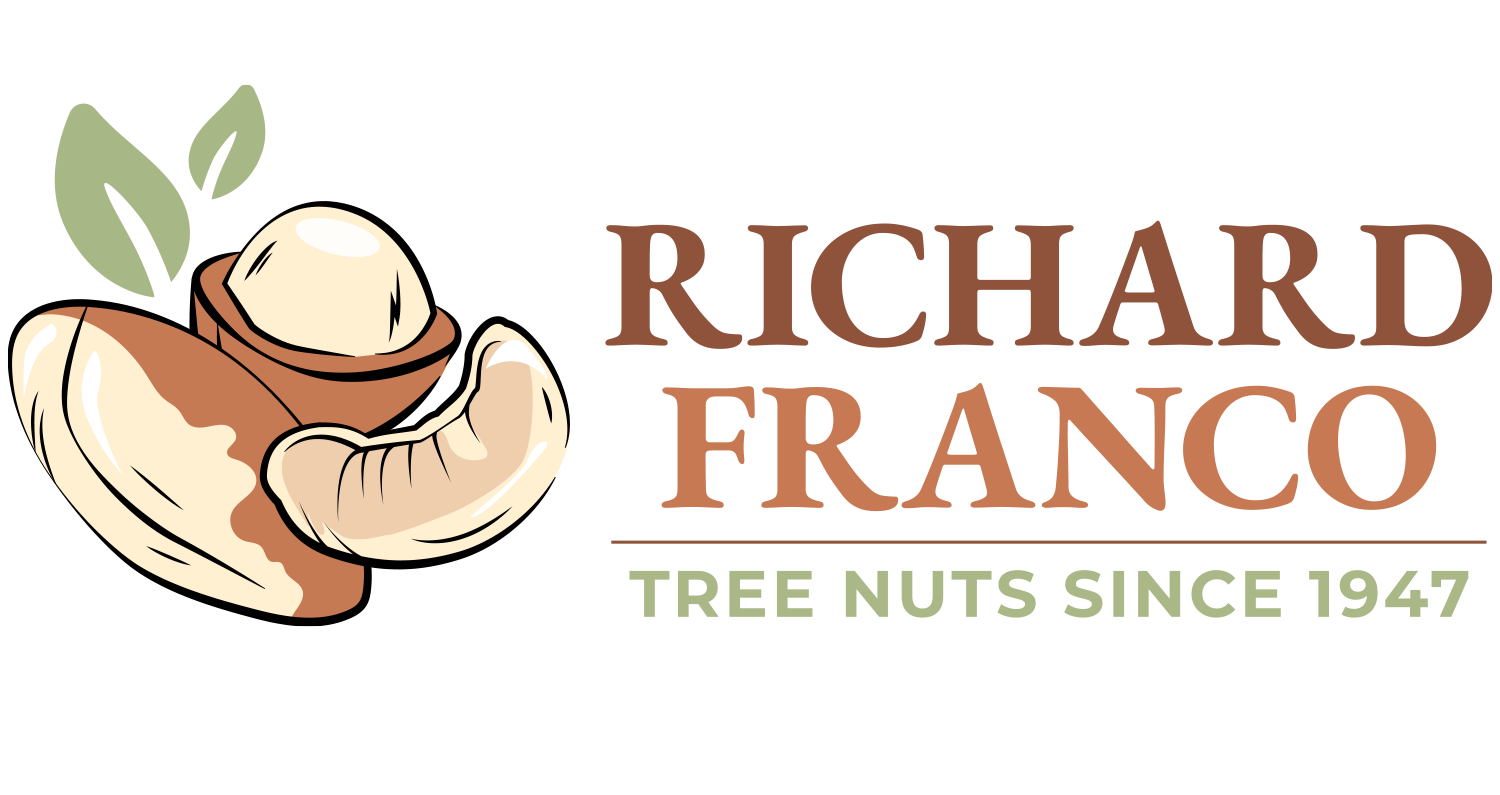SUPPORTING SUSTAINABLE FARMING
Sustainable Cashews: Good for the Earth
Environmental Impact
Cashews thrive in tropical climates, and sustainable practices like agroforestry and water conservation help protect ecosystems and reduce soil erosion. Rainwater harvesting also ensures efficient water use.
Ethical Sourcing
Ethical sourcing ensures farmers are paid fairly and labor conditions are safe, while promoting environmental responsibility. 


